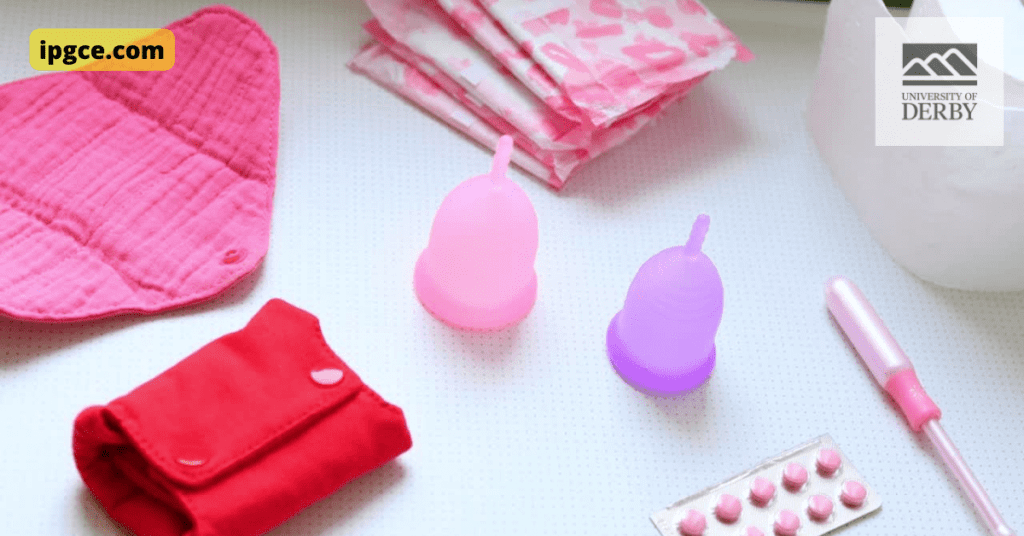As many as 30% of women have no access to free menstrual products while at school.
The government has provided schemes, but a third of girls and young women in the UK cannot access them because they do not have any.
32% of girls and young mothers told a Girlguiding survey that they could not access menstrual products at their schools or colleges.
Girlguiding requests that the Department for Education evaluate England’s period product scheme and make it permanent. Currently, the program will be available only until July 2022, but recent commitments may indicate that it will be extended.
Savanta surveyed 2,008 students aged 11-18 across the UK and found that most cannot access free period products.
More than half (54%) of respondents said they felt uncomfortable asking for menstrual products at school, while 30% said they felt too embarrassed.
Most girls are concerned about the cost of their period products, and one in 10 said they could not afford them.
One of three young people interviewed by members of Girlguiding’s youth panel said: “My old school didn’t use to have them. Once, I ran into an issue where I needed them, and they weren’t there, so I had to ask my friend.
She shares that if her friend were not there, she would have been in so much trouble as the girls ran into it, and she didn’t want to be in the same situation. Her words show how positive this scheme has had on school life, where girls don’t need to face these problems.
Many young people don’t know the purpose of periods. They try to hide their menstrual cycle and look for alternatives rather than discuss it openly.
In 2020, the period products scheme was introduced in England. It’s available to students aged 16 to 19, and educational institutions offer it. It originated from a campaign led by Girlguiding and other organisations and activists.
UNICEF has a scheme to give out free period products to students who need them. This scheme is over, but they can still order the items until 8 July.
A pilot in Northern Ireland was introduced in September 2021, while Scotland and Wales adopted similar schemes earlier this year.
Girlguiding recommends that the DfE requires consultation with students on what period products they need and how they would like to access them.
The research found inadequate supply in some cases when a school or college would not ask students about their preferences and needs.
Focusing on menstrual health and periods, in particular, changes to RSHE were made in 2020. However, less than half of respondents said they learned about physical and mental impacts, shaming, and stigma at school.
Caitlyn, a female advocate for Girlguiding, said, “No one should be forced out of education because of their period.” The UK government finally introduced free period products in schools and colleges in England.
Many people don’t have access to restrooms or ones with the necessary products.
The Girlguiding advocacy team is asking the UK government to assess their scheme and make changes that will allow everyone to access period products they need.
Period products are being well distributed to those who need them.
What can the government do to promote mobility to feminine products? Share your thoughts in the comment section below.
For more news on international education, follow us on IPGCE and WeChat.
Wechat Code:
Meet Our Successful Graduates: Learn how our courses have propelled graduates into rewarding
careers. Explore their success stories here!
Discover More About Your Future: Interested in advancing your teaching career? Explore our
IPGCE, MA, and QTS courses today!

Explore Our Courses: Ready to take the next
step in your education journey? View our
comprehensive course offerings now!



